 WikiLeaks founder Julian Assange walks through the US Federal Courthouse in the Commonwealth of the Northern Mariana Islands in Saipan, Northern Mariana Islands, on June 26, 2024 Photo:VCGAfter a years-long legal battle surrounding the founder of WikiLeaks, Julian Assange, a dramatic turn has finally arrived. He has obtained long-awaited "freedom," though at the cost of pleading guilty to a felony charge related to his alleged role in orchestrating one of the largest-ever breaches of US classified military and diplomatic documents. On Thursday, he landed back home in Australia, as a free man for the first time in 12 years.
WikiLeaks founder Julian Assange walks through the US Federal Courthouse in the Commonwealth of the Northern Mariana Islands in Saipan, Northern Mariana Islands, on June 26, 2024 Photo:VCGAfter a years-long legal battle surrounding the founder of WikiLeaks, Julian Assange, a dramatic turn has finally arrived. He has obtained long-awaited "freedom," though at the cost of pleading guilty to a felony charge related to his alleged role in orchestrating one of the largest-ever breaches of US classified military and diplomatic documents. On Thursday, he landed back home in Australia, as a free man for the first time in 12 years.People who tell the truth have to confess in exchange for "freedom" - the fate of Assange demonstrates that the "free beacon" of the US has ultimately collapsed.
Founded in 2006, WikiLeaks exposed US military war crimes four years after its inception. Assange, the founder of the website, quickly became embroiled in lawsuits, with the US charging him with 18 counts, including violations of the Espionage Act. Arrested and imprisoned in the UK, Assange spent 1,901 days in a three-meter long, two-meter-wide cell, isolated from the world for 23 hours a day. Simultaneously, the US requested his extradition. The 52-year-old man now appears much older than his real age.
The US was determined to extradite Assange, ostensibly because he released what the US claimed was classified information related to national security and foreign affairs through WikiLeaks. However, in reality, it is a show to demonstrate that anyone who dares to challenge US hegemony and embarrass the US will be punished, Shen Yi, a professor at Fudan University, told the Global Times. By holding Assange accountable, the US government also hopes to set a strong precedent, demonstrating a zero-tolerance attitude toward leaking information that threatens its hegemonic status and reputation, and deterring other potential whistleblowers and leakers.
The seemingly sudden release of Assange can be seen as the most "dignified" choice for the US. The "plea deal" not only demonstrates the US' emphasis on the so-called national security, but also reduces the uncertainty of further legal battles, seemingly giving the US a "sense of victory," said Lü Xiang, a research fellow at the Chinese Academy of Social Sciences.
The US has displayed its double standard once again. Protecting human rights and freedom is something that US adversaries, not the US itself, should do. Speech that serves US interests, regardless of whether it is factual or logical, can get a free pass. But what the US does not like, especially the truths that would embarrass the US, are considered "guilty" or even a "crime." The narratives of freedom of speech swing with changes in US interests.
Although the US can force Assange to "plead guilty" through various means, the atrocities exposed by WikiLeaks cannot be erased. WikiLeaks exposed a large number of US diplomatic cables and military confidential documents during the Afghanistan and Iraq wars, revealing US war crimes. The video of the US military "Apache" helicopter shooting civilians in Iraq will continue to be remembered by people.
In order to cover up its crimes, laws can become tools of the US government. The chilling effect it hopes to achieve on "whistleblowers" not only brings personal harm to Assange but also deepens the world's profound doubts about the values that the US boasts.
A years-long international saga involving Assange may be over, but this history of injustice will always be remembered. Its impact will continue to resonate in the public and media spheres, reminding people of the US' trampling of freedom and human rights.Source link
Settling Assange's case helps US consolidate ties with Australia, strengthen small cliques in Asia-Pacific: expert
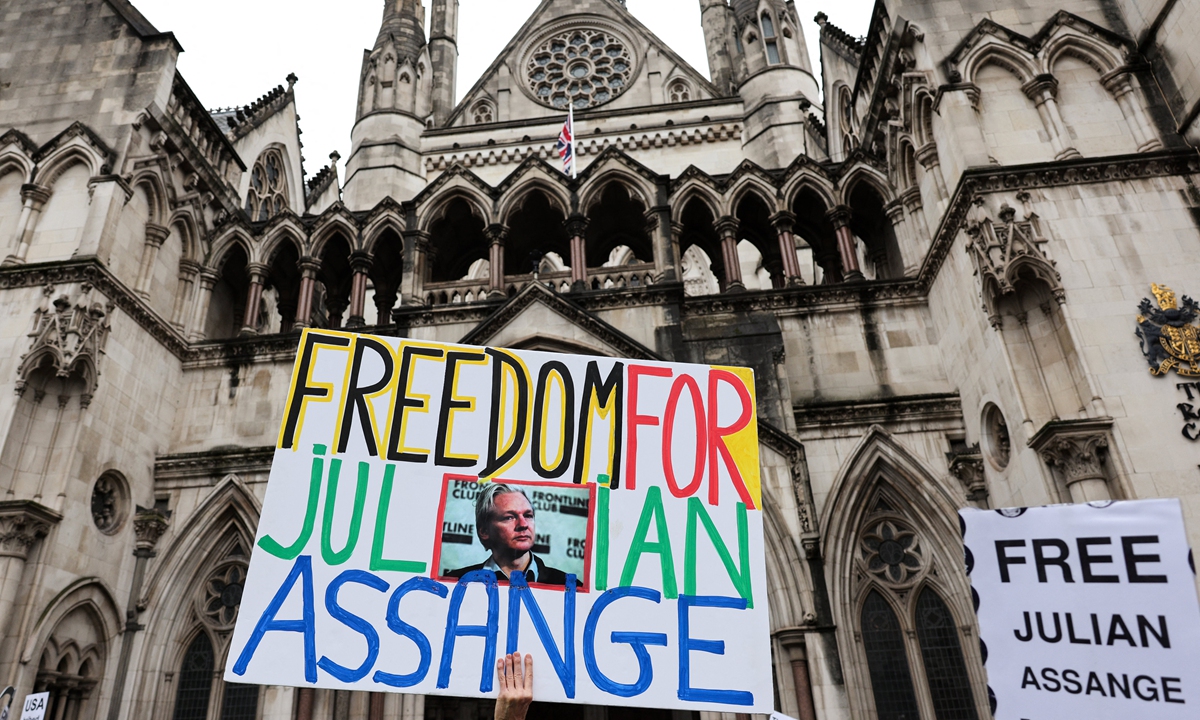
A demonstrator holds a placard reading "Freedom for Julian Assange" during a protest outside of the Royal Courts of Justice, Britain's High Court, on February 21, 2024. Photo: AFP
The curtain has closed on Julian Assange's saga as the WikiLeaks founder pleaded guilty to violating US espionage laws and walked out of court as a free man on Wednesday. Yet his case has exposed the hypocrisy of the US' long-flaunted freedom of speech and the ugliness of the country's relentless efforts to crush those who have "got in the way."
The US' gains from settling this high-profile case are multi-dimensional. Not only did the US intimidate people trying to expose US' dirty laundries, but it also removed one obstacle in its relationship with Australia, where Assange is from and where there has been advocacy for his release, observers noted. Consolidating coordination with Australia can help the US counter China's influence in the Western Pacific region through the creation of alliances, said experts.
Assange walked free on Wednesday from a court on the US Pacific island territory of Saipan after pleading guilty to violating US espionage law, in a deal that allowed him to head straight home to Australia, per Reuters.
His release ends a 14-year legal saga in which Assange spent more than five years in a British high-security jail and seven years in asylum at the Ecuadorean Embassy in London battling extradition to Sweden on sexual assault allegations and to the US, where he faced 18 criminal charges.
Those charges stemmed from WikiLeaks' release in 2010 of hundreds of thousands of classified US military documents on Washington's wars in Afghanistan and Iraq - one of the largest breaches of secret information in US history.
During a three-hour hearing in Saipan, Assange pleaded guilty to only one criminal count of conspiring to obtain and disclose classified national defense documents but said he had believed the US Constitution's First Amendment, which protects free speech, shielded his activities.
"He [Assange] has suffered tremendously in his fight for free speech, for freedom of the press, and to ensure that the American public and the world community gets truthful and important newsworthy information," Assange's US lawyer Barry J Pollack said outside court in Saipan, Australian media reported.
The decades-long saga basically tells the world US political power can crush any form of freedom and legal terms, Lü Xiang, a research fellow at the Chinese Academy of Social Sciences, told the Global Times.
Assange has endured a great deal over the past 14 years, yet his power and resources are too limited to effectively combat the US political machine, said Lü. While Assange's guilty plea is unjust and unfortunate, his experiences, along with WikiLeaks, have further exposed the real US to the world.
The case of WikiLeaks founder Julian Assange shows the world what US-style "freedom of the press" really is, said Wang Wenbin, then spokesperson for the Chinese Ministry of Foreign Affairs, at a press briefing in May.
Wang said the case shows the US believes exposure of other countries' secrets should be rewarded, but exposure of its own should be punished. The remarks came after Assange won a victory in his ongoing battle against extradition from the UK to the US, after the High Court in London granted him permission to appeal.
Secret diplomatic maneuvers
Behind closed doors, an Australia-US-UK diplomatic dance opened the way for a plea deal to free the WikiLeaks founder, analysts and a diplomat previously involved in the case told AFP.
The tide shifted strongly in Assange's favor after Australian Prime Minister Anthony Albanese was elected in May 2022 and made his release a priority, a diplomat who did not want to be named told the AFP.
Assange and his family had been advised previously that he should plead guilty and strike a deal because it would be difficult for the US to drop the charges, said the diplomat.
In February this year, Albanese said he hoped for an amicable end to the prosecution of WikiLeaks founder Julian Assange after Australian lawmakers ramped up pressure on the US and UK by passing a motion calling for Assange to be allowed to return to his home country.
The release of Assange has helped to remove a major obstacle between Washington and Canberra, strengthening their coordination. Washington had the current Asia-Pacific situation in mind when deciding to settle the case, Li Haidong, a professor at the China Foreign Affairs University, told the Global Times.
The US and Australia have strong cooperation in both political and security aspects. Strengthening cooperation with Australia can help US counter China's influence in the Western Pacific region through the creation of alliances, Li explained.
"I think part of the reason this has happened today is because it was becoming a significant issue for the relationship," Emma Shortis, senior researcher in international and security affairs at The Australia Institute thinktank, told media, noting that notably since London, Washington and Canberra agreed on a nuclear-powered submarine pact, AUKUS.
Li said after 14 years, the US has come to the conclusion that continuing to pursue the Assange case is no longer worth the effort. Therefore, Assange's confession and return to Australia are seen as a means for the US to save face and for the relationship between the US and Australia to be repaired.
What is even more tragic than Assange's guilty plea is that his fate is not the outcome of his own actions, but rather the result of a compromise and coordination among various governments for geopolitical reasons, said Li.

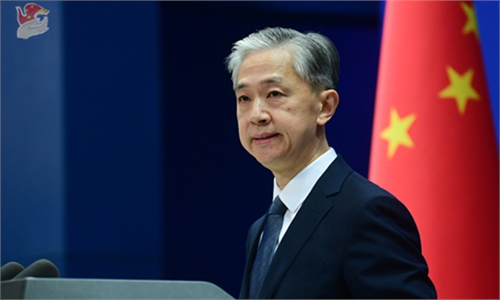
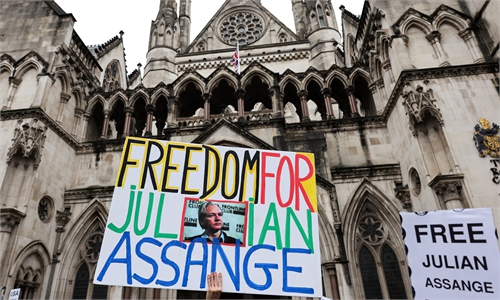
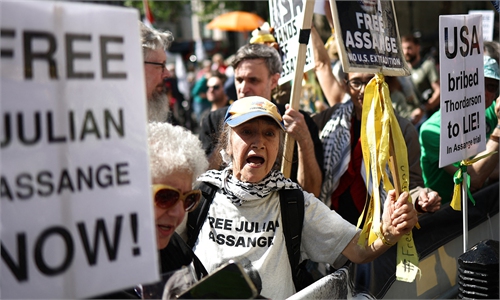
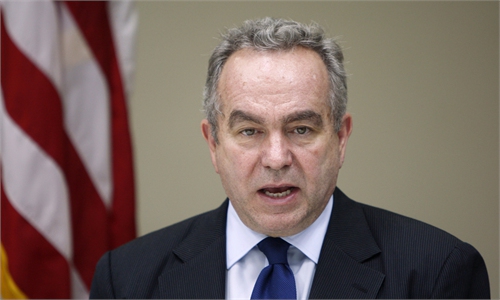
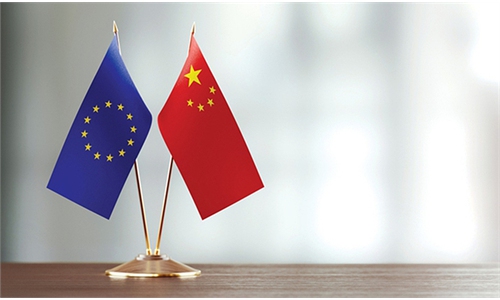
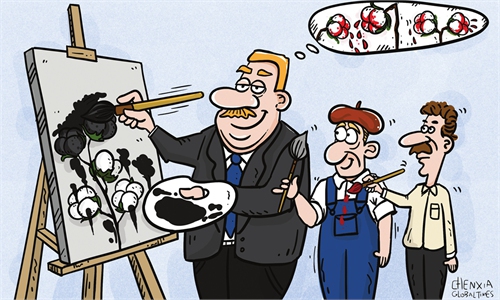

No comments:
Post a Comment